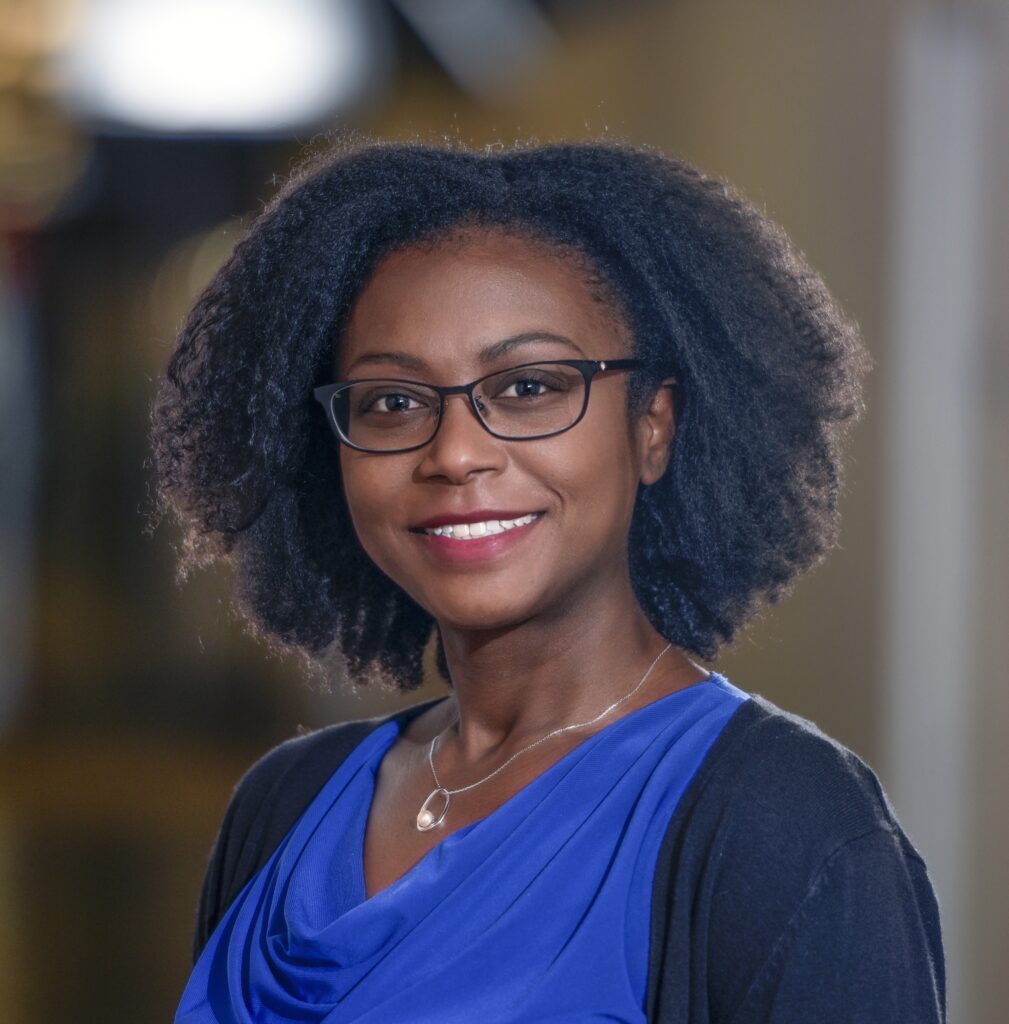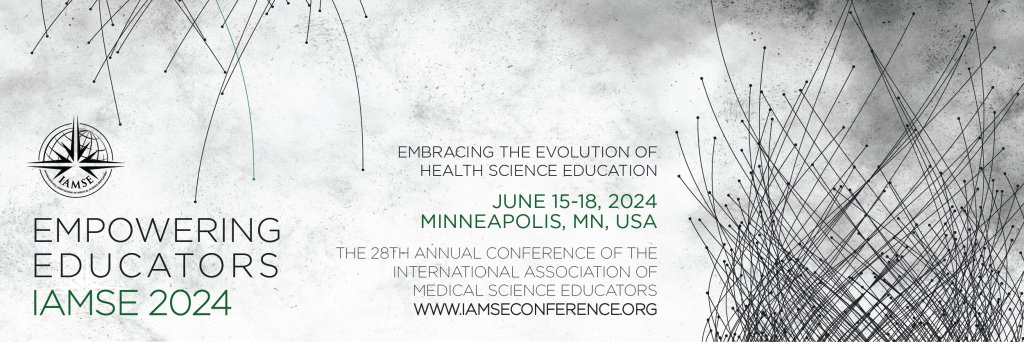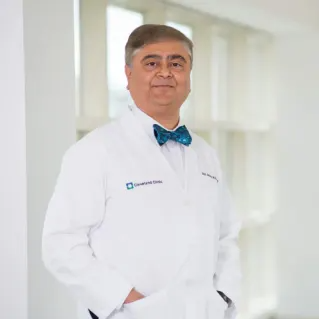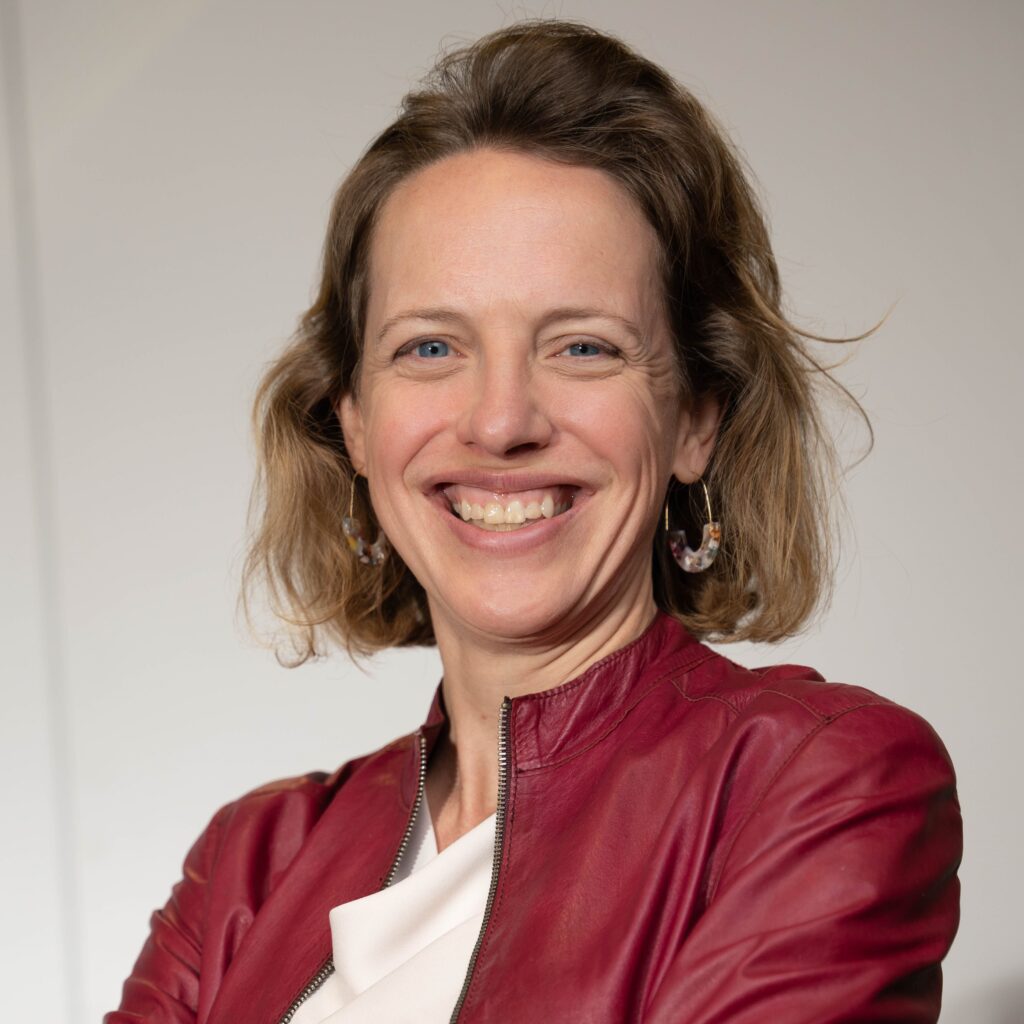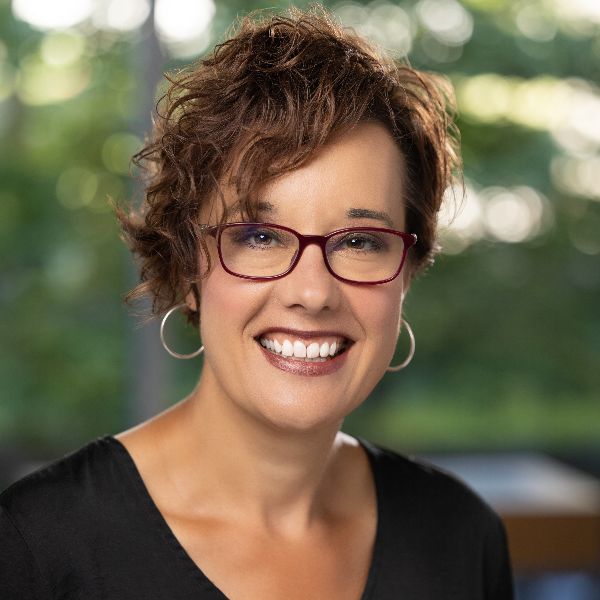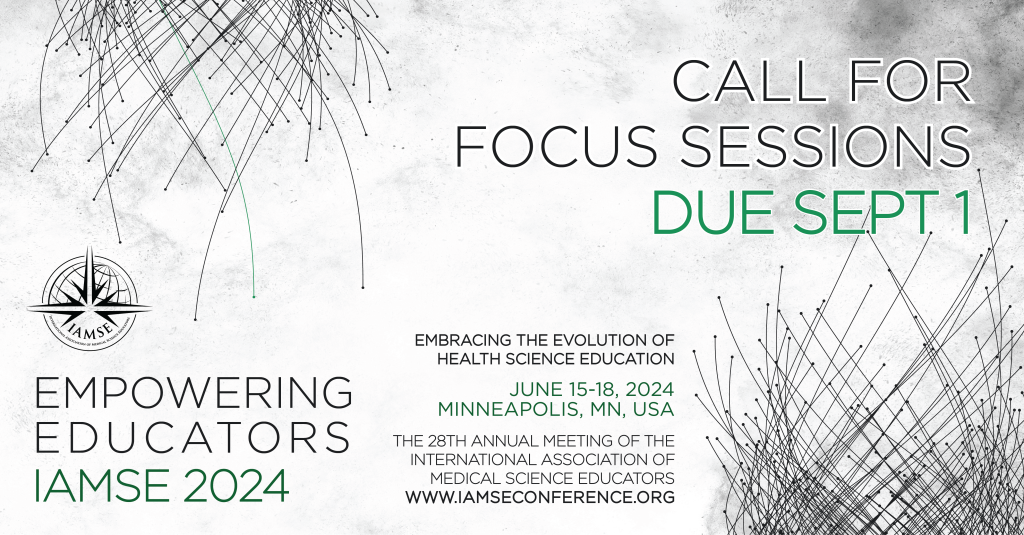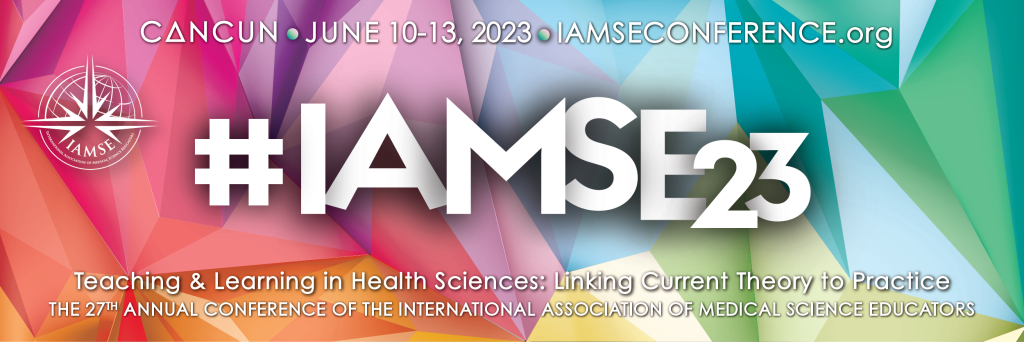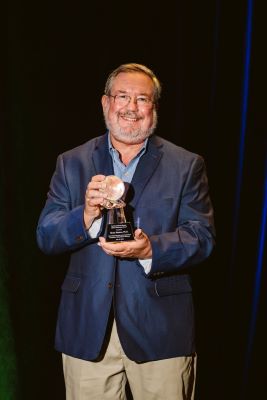Our association is a robust and diverse set of educators, students, researchers, medical professionals, volunteers and academics that come from all walks of life and from around the globe. Each month we choose a member to highlight their academic and professional career and see how they are making the best of their membership in IAMSE. This month’s Featured Member is Alana Newell.
Alana Newell
Assistant Professor
Baylor College of Medicine
How long have you been a member of IAMSE?
I became a member of IAMSE in 2016, so I’m on my seventh year of membership
Looking at your time with the Association, what have you most enjoyed doing? What are you looking forward to?
I’ve most enjoyed serving on the Educational Scholarship committee, and specifically as a mentor for the Medical Educator Fellowship. I love working with other faculty, and I learn so much from their experiences and interests!
Congratulations on winning the Medical Science Educator Best Reviewer Award for 2023! What got you involved in reviewing for MSE? How has it benefitted you?
Thank you! I initially got involved with reviewing for MSE because I’ve always enjoyed scholarship and wanted to support the medical education community. Reviewing has really helped me learn to turn the critical “reviewer lens” on my own scholarship and writing in a way that I don’t think I was able to do in the past.
What was your favorite part of the IAMSE 2023 Conference? What insights did you take home?
It’s a tie: I loved having the opportunity to share ideas with everyone in person, and I very much enjoyed the fantastic speakers! I took home a notebook full of insights about cognitive processing and learning theories in medical education directly from the plenary sessions, but also notes and thoughts related to one-on-one conversations I had with other attendees. The best ideas seem to arise from casual conversations over lunch or in an elevator.
What interesting things are you working on outside the Association right now? Research, presentations, etc.
My co-director and I are in the midst of overhauling the curriculum for our institution’s longitudinal faculty development program – the Baylor College of Medicine Master Teachers Fellowship Program – to move to a competency-based model, so we’re studying the outcomes related to this shift. Hopefully we’ll have exciting results to share in Minneapolis next year!
Anything else that you would like to add?
I just would encourage anyone who is considering getting involved in IAMSE to do so! It’s such a welcoming organization and offers so many opportunities to grow as a medical educator.
The first step in getting involved with IAMSE is becoming a member of our association!
